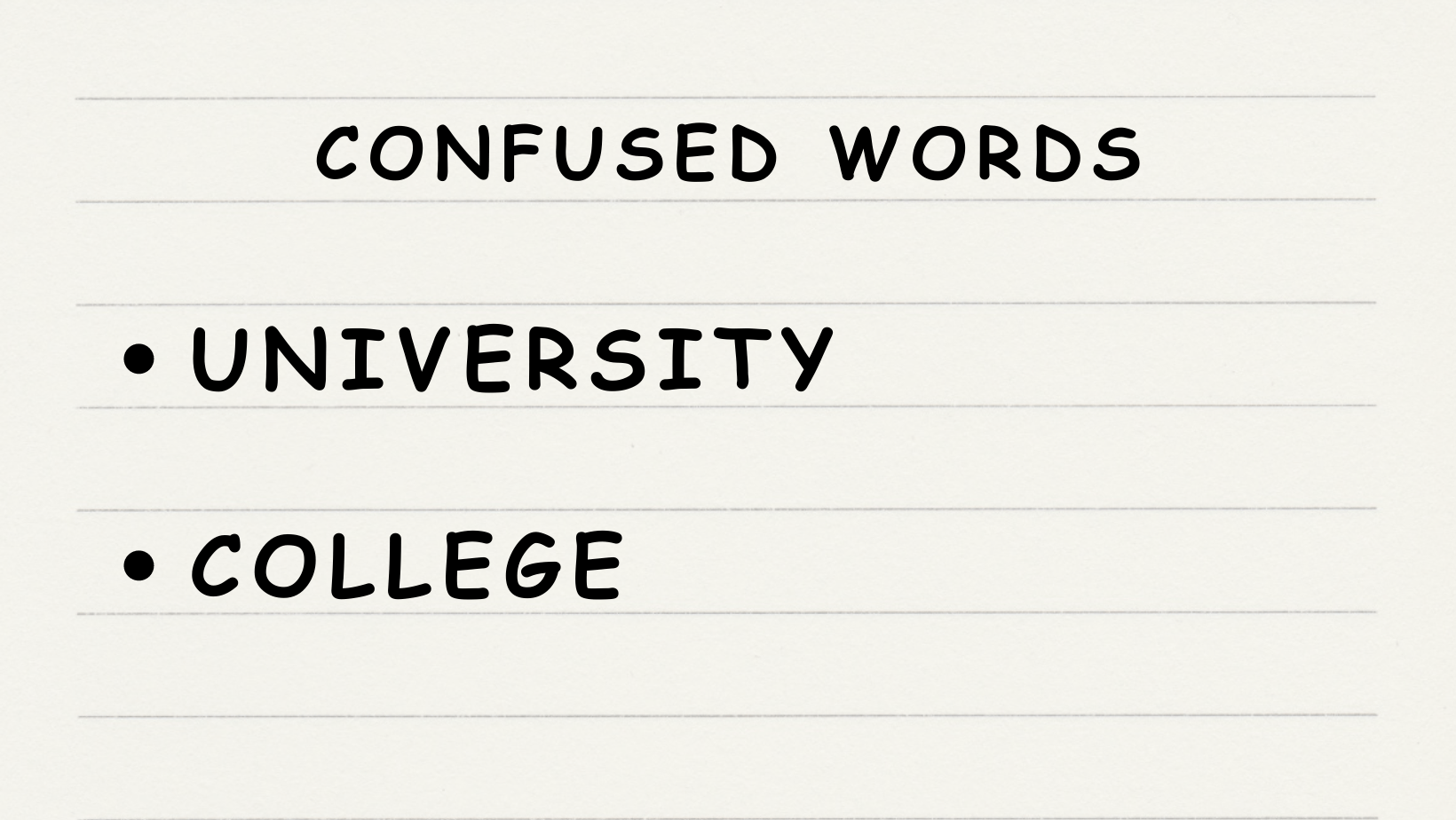
Hello, learners! Today, we’ll address two commonly interchanged words in English: just and only. Though they might seem synonymous, they serve different purposes in sentences.
Just
Just (IPA: /dʒʌst/) is often used to indicate a precise moment, a slight amount, fairness, or simply to emphasize a fact.
Check out these examples:
- I just finished my homework. (I finished my homework a moment ago)
- There’s just enough sugar for the cake. (There’s barely enough sugar for the cake)
- You should just apologize to her. (You really should apologize to her)
- He wants to play, he’s just a kid. (He wants to play because he is merely a kid)
- The decision was just. (The decision was fair)
Only
On the other hand, only (IPA: /ˈoʊnli/) is used to express limitation, uniqueness, or to focus on one specific item or detail.
Here are 5 examples:
- She is the only one who can help us. (She is the unique person who can help us)
- I have only one apple left. (I have just one apple left, no more)
- We only accept cash payments. (We accept payments in cash exclusively)
- You’re the only friend I need. (You’re the singular friend I need)
- I only eat vegetarian food. (I eat nothing but vegetarian food)
Conclusion
Remember, while just often conveys immediacy, slightness, or emphasizes a fact, only denotes limitation or exclusivity. So, next time, choose wisely based on your intent!


